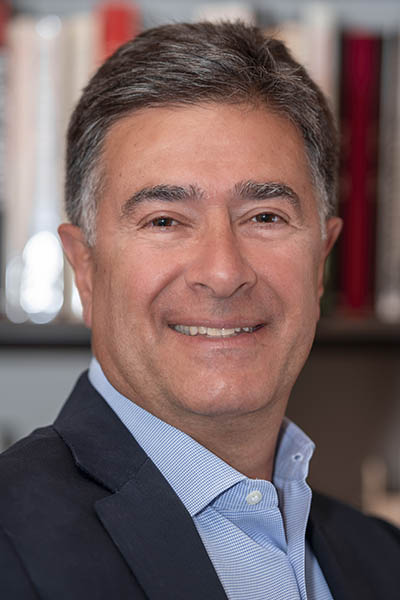Mental health issues have always had a stigma in healthcare, but this seems to be declining in younger patients. Millennials are more comfortable with talking about it and seeking help for mental health issues. Eighty-five percent of Millennials said they would not hesitate to be friends with someone diagnosed with a mental illness, and the number of college students seeking mental health assistance has increased by 30-40 percent in just five years.
Despite these trends, suicide remains one of the leading causes of death and is one of the few causes of death which continues to rise. According to the CDC, suicide is on the rise in almost every state, with almost 47,000 people ages 10 and up committing suicide in 2017. Of those who commit suicide, nearly half had seen their primary care provider in the previous month.
Suicide is rarely caused by a single factor, and everyone can play a role in helping to save lives and reversing this trend. This goes beyond policy makers, mental health professionals, and primary care providers. One thing we can all do is help to remove the stigma around mental health and help patients get the help they need.
For National Suicide Prevention Week, try using any one of the following steps. Simple actions can save a life!
1. Talk about mental health openly
The power of human-to-human connection can’t be underestimated. Check in with your friends, especially those you know are dealing with difficult issues. Don’t be afraid to bring up your concerns about their mental health and share personal experience whenever you can. We never know who may be struggling, and just listening can be a powerful weapon. As NAMI states, one conversation can change a life.
2. Prioritize your own mental health
Actions speak louder than words, and that’s true for mental health. Lead by example, listen for your own needs, seek help from friends, family, or a mental health professional, whenever it can be helpful. We are all busy people, but we do want to help—especially those who care about and respect you. By being open about how you’re prioritizing your own mental well-being, you could be subconsciously influencing others to do the same. If you take a mental health day from work or school, share your reason for doing so with coworkers or classmates. If you had a tough, but enlightening, conversation with your therapist, talk about it with a friend or family member. Your transparency could be the very thing that prompts someone else to evaluate their own mental health.
3. Share resources
While listening and talking about mental health are great, it’s not always enough—sometimes, we need to call in the professionals, and that’s OK. However, it’s usually not easy to find mental health resources that are 1) easily accessible, 2) affordable, and 3) effective for that individual. For example, you may find a therapist you like—but isn’t covered by your insurance—or vice versa. Sharing the resources that are out there is a great starting point to help others find what could help them. They might not even know what to look for. The American Foundation for Suicide Prevention has this great round-up of all sorts of resources, from crisis services to mental health care provider search engines to resources by condition. Articles, books, and online communities are also good options for those who may not be interested in or feel ready to seek professional help.
Be a change agent
All of us are key to making mental health as routine to everyday conversation and habits as physical health. By talking openly about mental health, prioritizing our own (and sharing how we’re doing that), and spreading awareness of available resources, we can all take the lead within our own social circles to raise awareness, stop the mental health stigma, and help create a future where suicide rates trend in the opposite direction.

By Clive Fields, MD
Physician Executive and Sanvello Clinical Advisory Board Member
Clive Fields, MD, is president of VillageMD Houston and a physician executive for the Accountable Care Coalition of Texas. He is also a co-founder and the chief medical officer of VillageMD, a national primary care provider which partners with physician-led practices across the U.S. to help them transition to a value-driven model of care.

